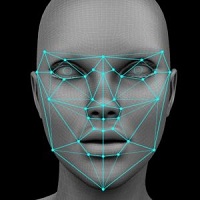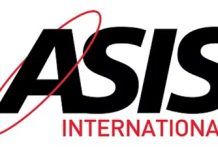Canadian authorities have deemed Clearview AI’s facial recognition practices a “clear violation of the privacy rights of Canadians”, as the use of the technology continues to come under scrutiny. The joint investigation deemed that Clearview AI’s method of “scraping billions of images of people” via the internet to build up a databank of faceprints represented “mass surveillance”, and that the American company “violated federal and provincial privacy laws”.
Clearview’s facial recognition technology has been used by law enforcement and commercial organisations to match ‘unknown persons’ photographs to the company’s databank of images, which included Canadians and children, the investigation found. This “highly sensitive” biometric data was also collected without the knowledge or consent of individuals.
Investigators dismissed several appeals raised by the technology company, which had included:
• Consent not being required as the information was publicly available
• That individuals posting images on websites “did not have substantial privacy concerns”
• The potential benefits of its services to law enforcement and national security outweighed the balancing of privacy rights
The investigation also raised its concerns that the collection of biometric data posed risks to individuals, such as misidentification and exposure to potential data breaches. Daniel Therrien, Privacy Commissioner of Canada, commented on the investigation: “What Clearview does is mass surveillance and it is illegal. It is completely unacceptable for millions of people who will never be implicated in any crime to find themselves continually in a police lineup. Yet the company continues to claim its purposes were appropriate, citing the requirement under federal privacy law that its business needs be balanced against privacy rights. Parliamentarians reviewing Bill C-11 may wish to send a clear message, through that bill, that where there is a conflict between commercial objectives and privacy protection, Canadians’ privacy rights should prevail.”
While the ruling is specific to Canada, the use of facial recognition tech remains controversial, with commenters identifying the need for a more focused legal framework to be put in place designed to better protect the privacy and data of the public. There are also questions over inherent racial bias in the artificial intelligence used in the systems.
Former Surveillance Camera Commissioner for England and Wales, Tony Porter, highlighted the positive impact the technology can bring to security processes, but notes that its use in devices such as surveillance cameras must be lawful, justifiable and proportionate. The United States, where Clearview is based, continues to demonstrate concerns over its use. Last year, for example, a bill was proposed to prohibit the use of biometric surveillance by the Federal Government without explicit statutory authorisation.
In the UK, the use of automatic facial recognition by South Wales Police by surveillance cameras between May 2017 and April 2019 was also deemed unlawful by the Court of Appeal last year. The British Security Industry Association (BSIA) has since launched an ethical and legal use guide for AFR, covering its purpose and data privacy requirements.








